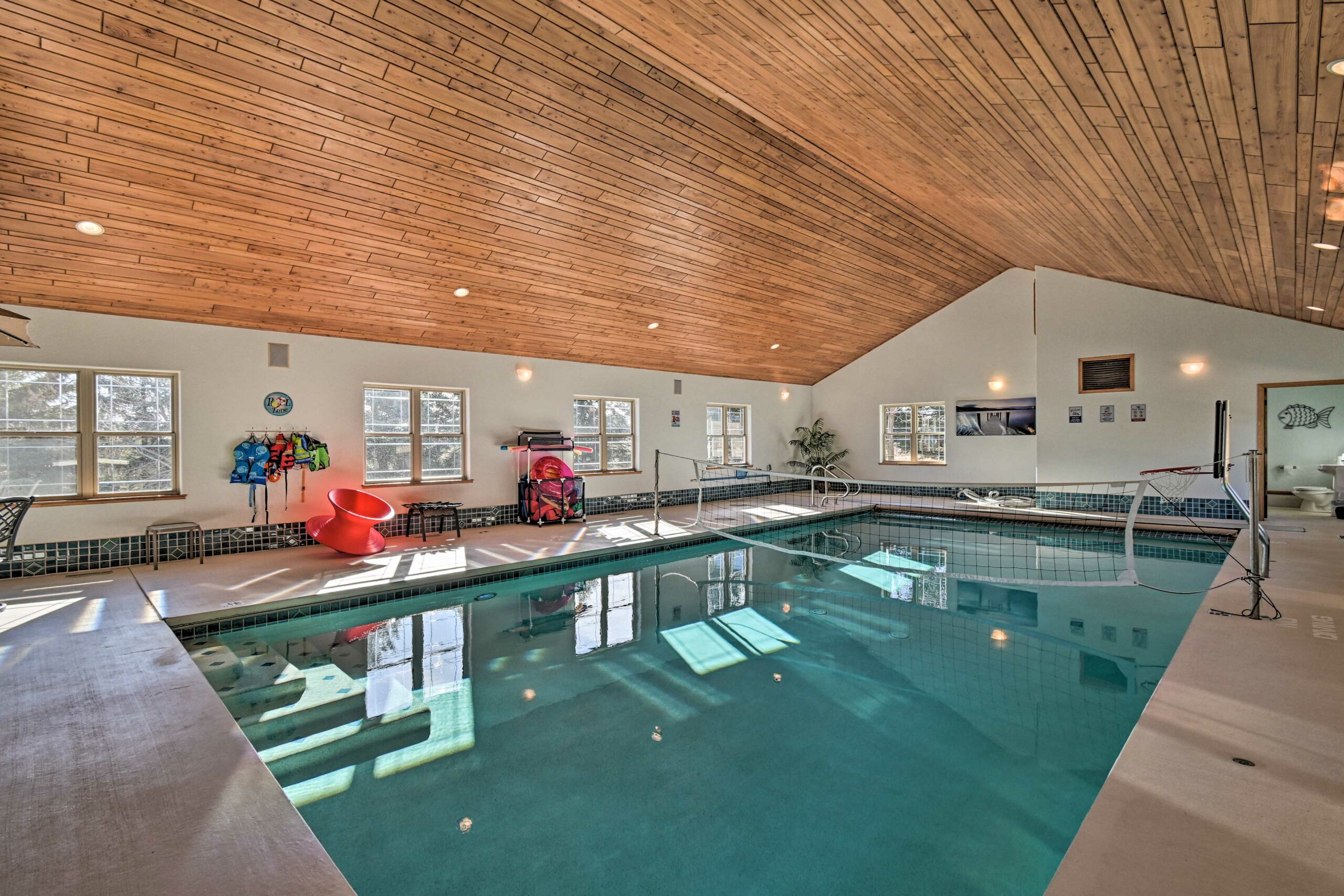WI homeowners report DATCP rule would impose huge costs to upgrade pools.
The News: The Joint Committee for Review of Administrative Rules (JCRAR), a legislative committee tasked with reviewing regulatory rules and guidance, suspended a Department of Agriculture, Trade, and Consumer Protection (DATCP) rule that effectively banned pools and hot tubs at vacation homes. The rule required hot tubs and pools at homes rented on sites like AirBnb and VRBO to meet the commercial pool code—meant for waterparks and hotels—which is either impossible or cost prohibitive for homeowners to comply with.
The Wisconsin Institute for Law & Liberty (WILL) testified in favor of the JCRAR action to suspend the burdensome regulations until the next legislative session after consulting with numerous homeowners who are caught in this regulatory catch-22.

Impact: Mike Warecki, of Milwaukee, recently sold his rental property in Sturgeon Bay, WI as a result of DATCP’s rule. In testimony submitted to the legislature, Warecki wrote, “Selling the property was not our desire, but we decided that it was the right thing to do given all the troubles we had with the state. While I no longer have a personal or financial interest in having the rule suspended, I don’t want to see other property owners go through the same experience we did.”
Another homeowner, Kelly Smith, has a property with a beautiful indoor pool (picture below), but DATCP required her to lock it up and prevent guests from using it until it meets the commercial code, which would cost $150,000. “This was not feasible,” Smith wrote in testimony. “Without the pool, I have estimated losses of over $30,000 in rental income per year. Renters are easily able to see our pool and are usually mystified and upset when I tell them they aren’t allowed to use it.”

The Quote: WILL Deputy Counsel, Luke Berg, said, “There is simply no reason short-term rentals can’t safely operate a hot tub or small pool. Deregulating this just makes sense. JCRAR’s action will benefit vacationers and small business owners alike throughout the upcoming summer season.”
Background: Two different agencies have authority over so-called “public pools.” The Department of Safety and Professional Services (DSPS) writes the commercial pool code and ensures compliance by approving plans at the time of construction. State law specifically excludes residential pools from its scope.
DATCP, separately, has authority to “license and regulate” “public pools” after construction. DATCP’s statute doesn’t define “public pools,” but one would reasonably assume the scope would overlap with DSPS. Yet DATCP’s regulations expand the definition of “public pool” to include pools or hot tubs at vacation homes. For owners of rental properties with pools to get a license from DATCP, the regulations require pools to meet DSPS’s commercial pool code. DATCP’s rules violate state law by imposing requirements that the Legislature had already decided should not apply to residential pools.
JCRAR’s Action: State law provides seven different criteria for JCRAR to suspend a rule. The committee can act if any one of the seven are met. In this case, WILL submitted testimony indicating that as many as five of the seven criteria are met with regard to DATCP’s pool rule, including multiple conflicts with state law, and the arbitrary, undue burden imposed on short-term-rental owners.
The suspension of the rule will be in effect until the legislature convenes again, sometime in early 2023.
Read More:
- WILL Testimony to JCRAR, April 26, 2022
- Mike Warecki Testimony, April 26, 2022
- Kelly Smith Testimony, April 26, 2022

